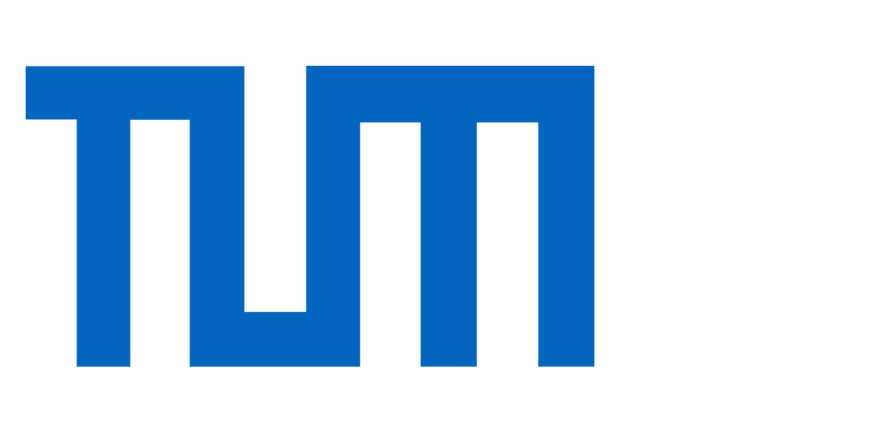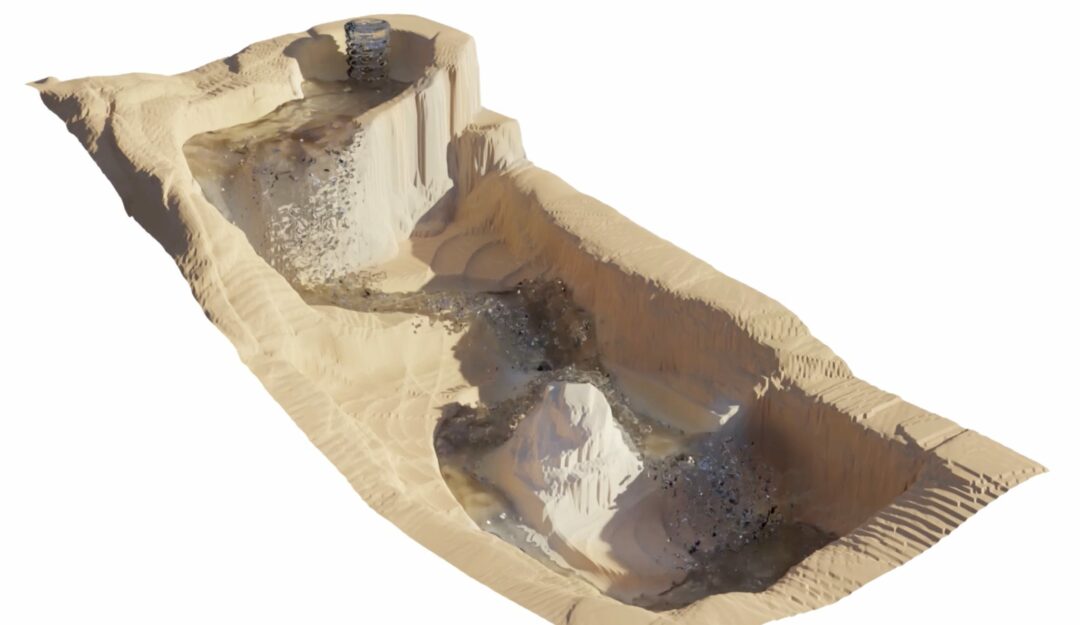The video and full implementation for our ICLR 2020 paper “Lagrangian Fluid Simulation with Continuous Convolutions” are online now. It enables flexible and efficient learning of dynamics, e.g., for Lagrangian Navier-Stokes solves similar to Smoothed Particle Hydrodynamics (SPH). But instead of analytic kernel formulations like they’re used in SPH, our method learns the dynamics from data.
- Source code on github: https://github.com/intel-isl/DeepLagrangianFluids
- Youtube video with examples: https://www.youtube.com/watch?v=bhnuhhYBpx0
Full Abstract: We present an approach to Lagrangian fluid simulation with a new type of convo- lutional network. Our networks process sets of moving particles, which describe fluids in space and time. Unlike previous approaches, we do not build an ex- plicit graph structure to connect the particles but use spatial convolutions as the main differentiable operation that relates particles to their neighbors. To this end we present a simple, novel, and effective extension of N-D convolutions to the continuous domain. We show that our network architecture can simulate differ- ent materials, generalizes to arbitrary collision geometries, and can be used for inverse problems. In addition, we demonstrate that our continuous convolutions outperform prior formulations in terms of accuracy and speed.

